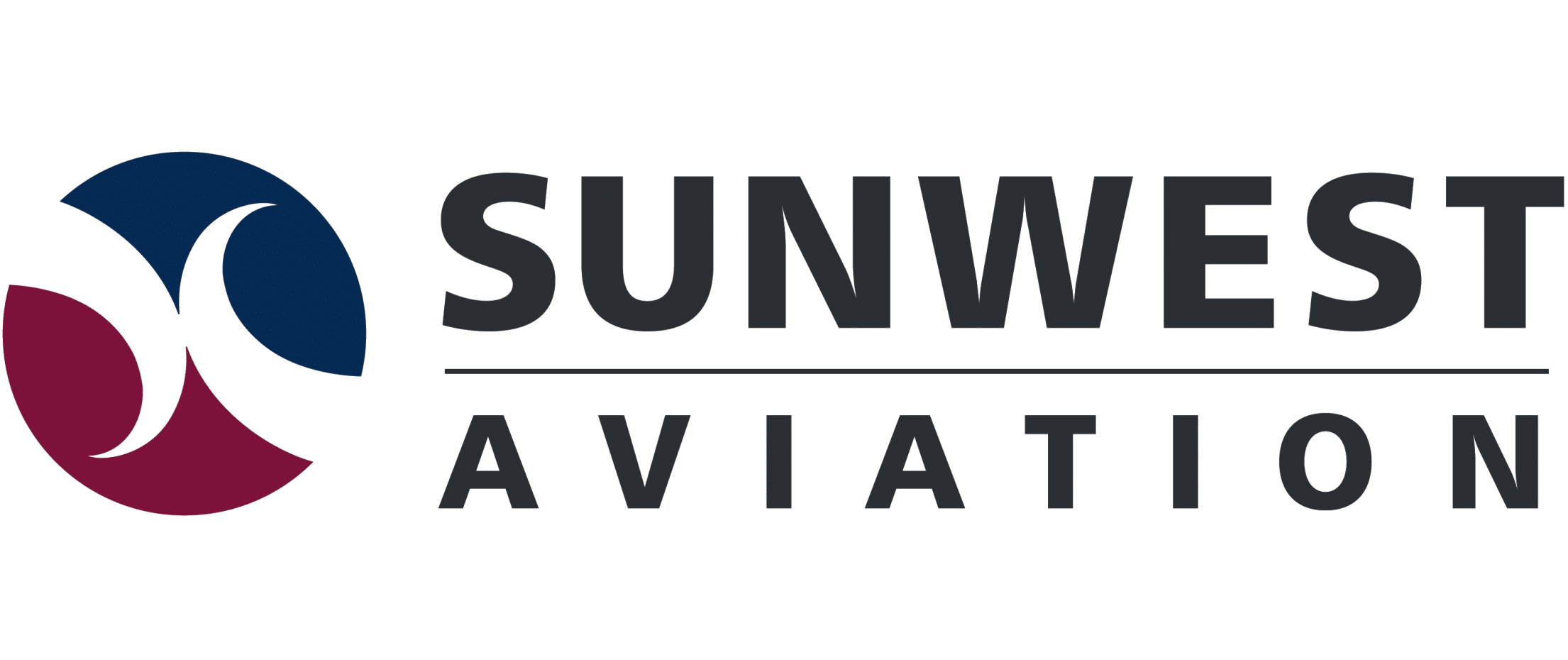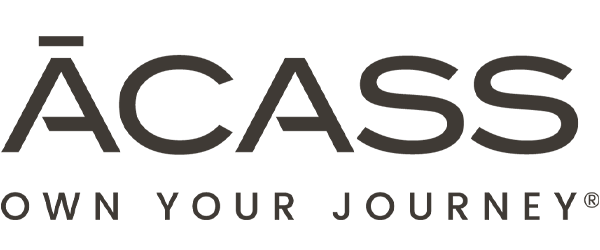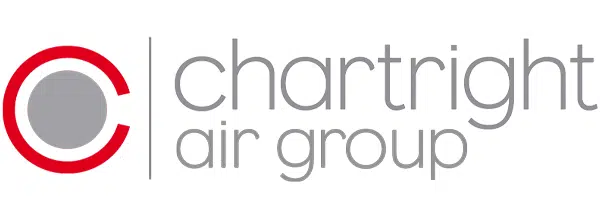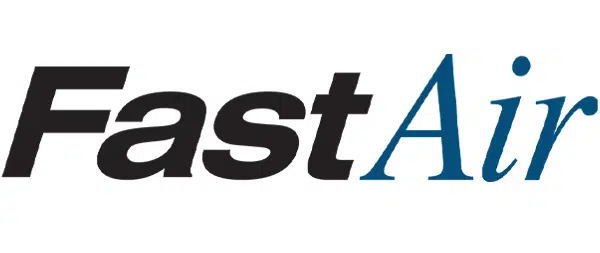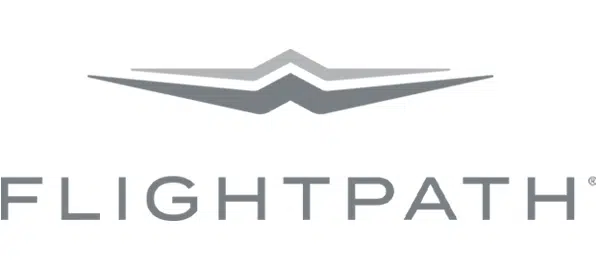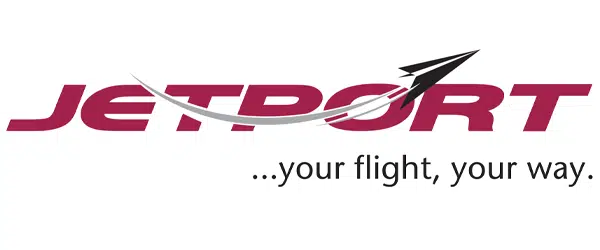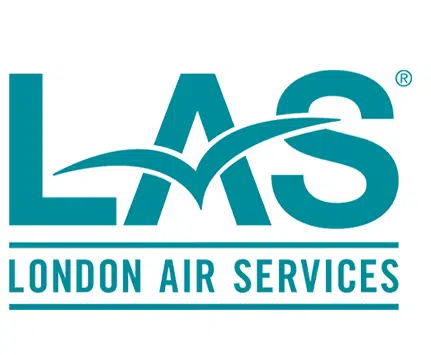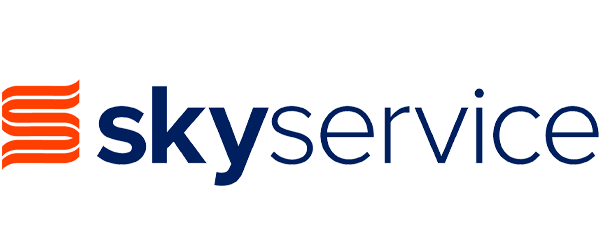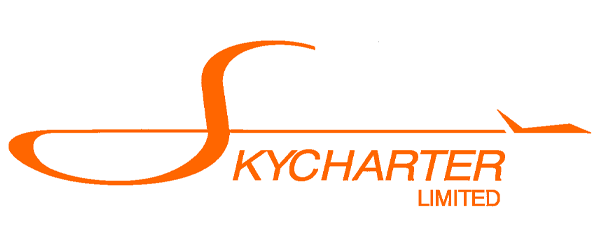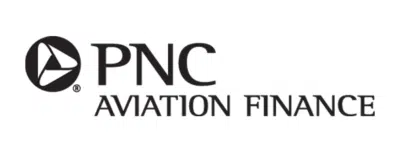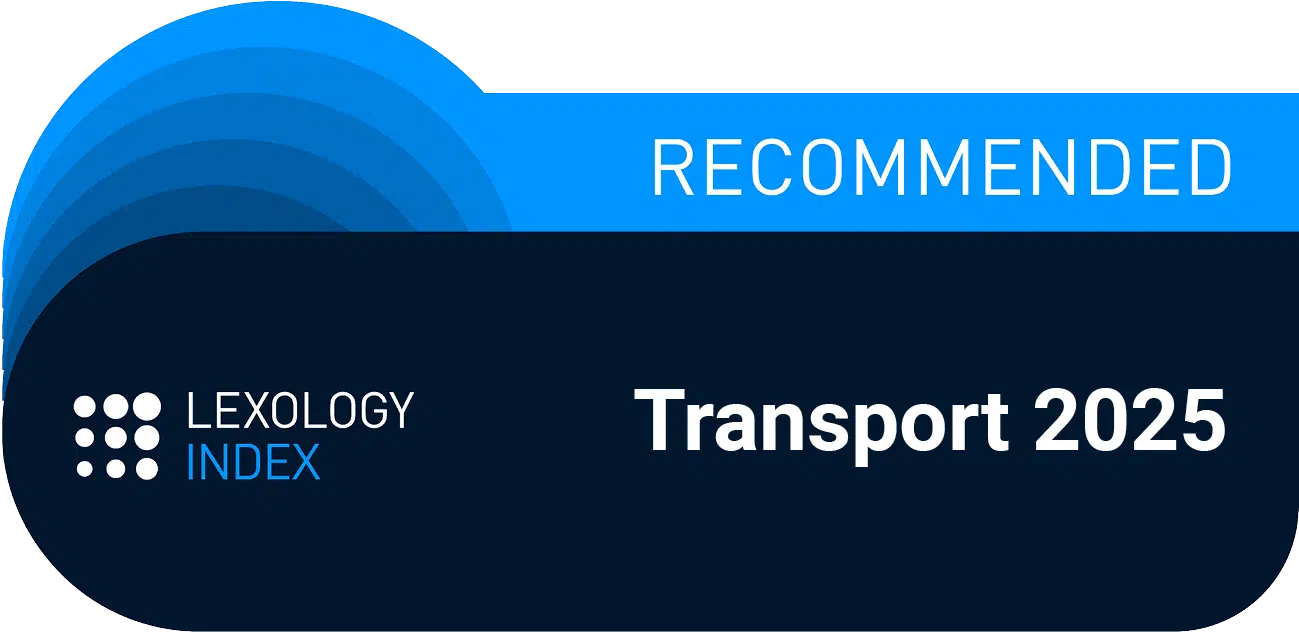New Liability Limits MC99
Effective December 28, 2024, the International Civil Aviation Organization (ICAO) has implemented increased liability limits for international air carriage under the Montreal Convention, 1999. The Convention deals with the liability of carriers in cases of passenger death and injury, flight delays, and lost, damaged, or delayed baggage and cargo shipments.
This article provides an overview of the changes, their implications for Canadian air carriers, and the regulatory requirements under the Air Transportation Regulations (ATR) and the Air Passenger Protection Regulations (APPR).
The Montreal Convention, 1999
The Montreal Convention came into force on November 4, 2003, and governs international air carriage between Canada and other ratifying countries. It establishes a unified legal framework for determining air carrier liability for passengers, baggage, and cargo. The Convention is codified under Canadian law through the Carriage by Air Act. The Convention’s purpose is to modernize and harmonize international air carrier liability. Key objectives include:
- Passenger Protection: Ensuring fair compensation for injuries, delays, and baggage issues.
- Predictability for Air Carriers: Providing a standardized liability framework across jurisdictions.
- Facilitating Trade and Tourism: Promoting confidence in international air travel through clear and updated rules.
Liability Limits Set To Date
Articles 21 and 22 of the Convention outline the liability limits, while Article 24 mandates periodic reviews by ICAO to adjust these limits for inflation every five years. The upcoming changes represent the second revision since December 19, 2019. The revised liability limits, effective December 28, 2024, are outlined below:
| Event | Original Limit | Limit (as of Dec 19, 2019) | New Limit (as of Dec 28, 2024) |
| Cargo (destruction, loss, damage, delay) | 17 SDRs per kilo | 22 SDRs per kilo | 26 SDRs per kilo (Approx. CAD 48) |
| Baggage (destruction, loss, damage, delay) | 17 SDRs per kilo | 1,288 SDRs | 1,519 SDRs (Approx. CAD 2,780) |
| Passenger delay | 4,150 SDRs | 5,346 SDRs | 6,303 SDRs (Approx. CAD 11,534) |
| Passenger death or bodily injury | 100,000 SDRs | 128,821 SDRs | 151,880 SDRs (Approx . CAD 277,940) |
Special Drawing Rights (SDRs) are defined by the International Monetary Fund (IMF) and reflect a weighted average of key convertible currencies, US Dollar, Euro, Renminbi, Yen and Pound Sterling. As of December 4, 2024, 1 SDR equals approximately CAD 1.83.
Regulatory Implications for Canadian Air Carriers
1. International Services: Tariff Amendments
The ATR mandates that air carriers disclose liability limits for passengers and goods in their tariffs. As such, carriers must:
- Update International Tariffs: Reflect the new liability limits in tariffs for international services.
- File Revised Tariffs: Submit updated tariffs to the Canadian Transportation Agency (CTA) before December 28, 2024.
- Apply New Limits: Ensure compliance with the revised limits for all applicable claims occurring on or after December 28, 2024.
2. Domestic Services: Baggage Liability Adjustments
Since July 15, 2019, the APPR has aligned domestic baggage liability with the Montreal Convention’s international limits despite the non-applicability of the Convention on domestic carriage. Consequently, domestic air carriers must:
- Revise Domestic Tariffs: Update liability limits for lost and damaged baggage to match the new international levels.
- Set Delayed Baggage Policies: Establish clear liability limits and conditions for delayed baggage, as the Montreal Convention does not apply to these claims domestically.
Conclusion
As the updated liability limits took effect on December 28, 2024, Canadian air carriers must ensure compliance to avoid potential regulatory and legal risks. From updating international tariffs to aligning domestic policies with the new standards, these changes require proactive measures to meet both the Air Transportation Regulations (ATR) and Air Passenger Protection Regulations (APPR) requirements.
YYZ Law’s aviation law experts are well-equipped to assist air carriers in navigating these regulatory updates. With a deep understanding of the Montreal Convention, our expert team has assisted many air carriers to ensure seamless compliance.
- New Liability Limits MC99
- Special Aviation Exemptions Issued to Ensure Critical Holiday Operations
- Simplifying Airspace Operations: Understanding AC 700-039 Issue 03 and RVSM Requirements










